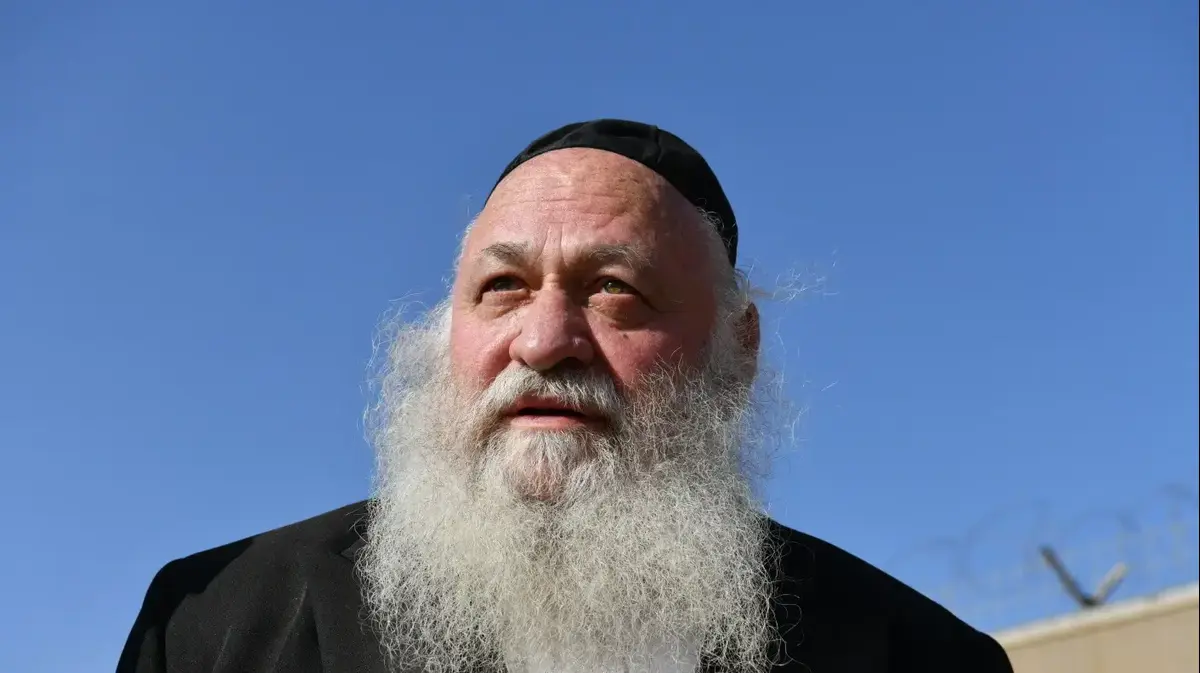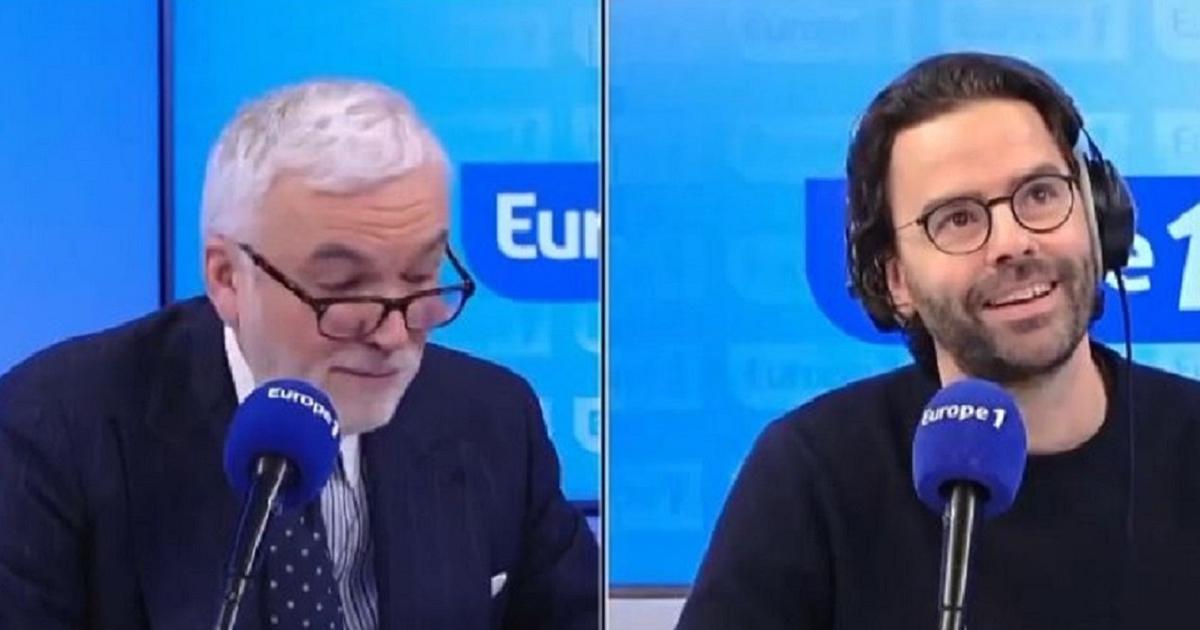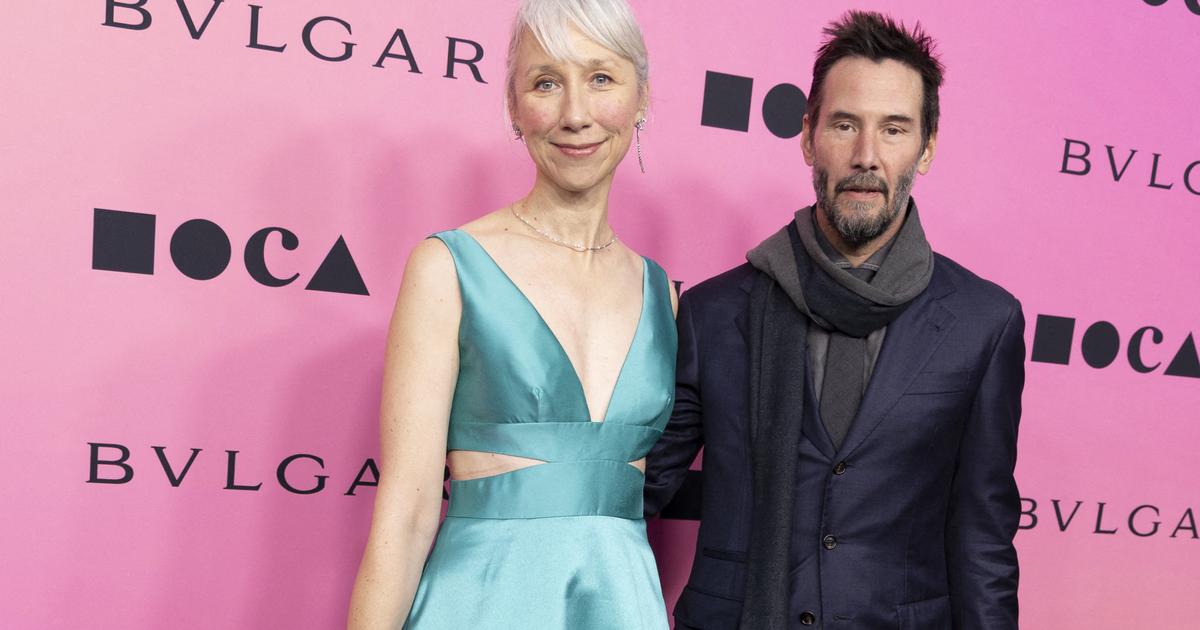Icon: enlarge
Actress Buabeng
Photo: Kimi Palme
SPIEGEL:
In an interview with SPIEGEL three years ago, you said that the lives of black women were not shown on German television.
In the meantime, you play the journalist Marla Blum with »Löwenzahn«, with Arte you are moderating a new concert format, in a music video by Carolin Kebekus you can be seen as God.
Something's changing, right?
To person
Icon: enlarge Photo: Sebastian Wirsching / SWR / Kanakfilm Berlin
Thelma Buabeng
, born in 1981, was in front of the camera for “Tatort”, for the ZDF multi-part series (“Das Adlon”) and on stage in Frank Castorf's “Faust”.
She has an engagement at the Schauspielhaus Zürich and a permanent role in the children's format »Löwenzahn«.
Now she moderates the weekly talk format “Five Souls” from SWR on YouTube and the Arte concert and performance series “Open Stage Berlin - The Daily Doris”.
Buabeng:
On the one hand: yes.
My phone has stopped standing still.
And so do many of my black friends.
We are asked if we know black dancers, poetry lambs, artists.
And the fact that children see me as a journalist on TV without my skin color or origin being discussed is of course great.
That gives me courage.
On the other hand, I realize that it is often about tokenism.
SPIEGEL:
You mean that this is just a symbolic effort to use people from marginalized groups as advertising?
Buabeng:
Exactly.
Actually, I was hoping that this would be the first step.
And then it becomes natural to pay attention to diversity.
And then came »The Last Instance« on WDR.
That really blew me away.
SPIEGEL:
The show in which white people voted on which terms were discriminatory.
Buabeng:
Yes.
Then it was clear to me: Most white people don't check anything.
And they will never check anything either.
And what's more, they don't care about racism.
SPIEGEL:
The WDR was heavily criticized for the show and then tried to apologize.
Buabeng:
That is ridiculous.
It was claimed that being racist was not on purpose.
I know from my own experience how many instances a program goes through before it is broadcast.
Apparently nobody behind the scenes contradicted this talk show concept.
And in the audience there were only WDR employees.
Seeing where they were yelling and clapping hurt me a lot.
And then shortly afterwards the WDR showed Blackfacing in a carnival broadcast.
It's like a slap in the face.
Sometimes I feel like we are being kept busy with these practices.
SPIEGEL:
What do you mean by that?
Buabeng:
If, after the racist attacks in Hanau and Halle, there really was an awareness of wanting to fight racism, then the WDR would scan every program carefully.
That's why I sometimes think that we want to be kept small, tired and exhausted.
Because the time that we BIPoC people (
abbreviation for Black, Indigenous, People of Color)
need to get excited, to write open letters, to explain racism, we miss this time elsewhere.
So now I've decided to change that.
SPIEGEL:
You don't want to sign any more open letters?
more on the subject
Icon: Spiegel PlusIcon: Spiegel Plus Debate about privileges: Who has the most jokers in life? By Elke Schmitter
Buabeng:
Yes.
First of all, this is not my job.
Second, you usually only get a copy-paste answer anyway.
And thirdly, there is no point in having expectations of the white majority society.
Last summer I founded the group »BlackWomxnMatter Germany« and invited all my black friends.
There are now more than 300 in Berlin alone. This exchange is good for me, more than any open letter.
SPIEGEL:
SWR has signed you, along with Hadnet Tesfai and Tasha Kimberly, for a new talk show.
"Five Souls" should be about family, partnership, sex, professional life.
Isn't that an answer to the WDR?
Buabeng:
The new format is bombastic, it was before the WDR debacle.
You can almost be grateful to WDR: It was time for a BIPoC talk show anyway, but after the number with »The Last Instance« the desire for our talk show has grown even greater.
And I'm happy to be able to talk about everyday topics, like every white person on every talk show.
And not always being asked about racism.
SPIEGEL:
I, too, a white woman, are bringing you back into this situation by asking you to explain our racism.
Buabeng:
Sure, it's exhausting.
But first and foremost, I do this for my community anyway.
And for the younger generation.
They should grow up differently from us, also with black role models.
Everyone should have the feeling of being part of this society.
SPIEGEL:
You have developed your own comedy format for YouTube for this purpose: In “Tell Me Nothing From The Horse” you play five black, very different female characters.
Did a broadcaster call you to put the show on their program?
more on the subject
Actress Thelma Buabeng: One who defends herself by Elisa von Hof
Buabeng:
We had a few conversations, but no one has dared to do it so far.
The white majority society is simply not that far.
It is only since the Black Lives Matter protests that black people have had any visibility at all.
SPIEGEL:
Are we now telling less obvious racist clichés?
Buabeng:
Well.
In the past I was mainly called when someone wanted to fill me as a cleaning lady, maid or slave.
It didn't matter that I grew up in the Rhineland, that I speak perfect German, that I am funny and self-confident.
They just wanted to show me how they saw BIPoCs in our society: as a victim.
Lately I've been playing lawyers, directors and policewomen.
Still, I just have to open Netflix to see stereotypes.
SPIEGEL:
For example?
Buabeng:
In the successful series "The Queen's Gambit" for example.
The white main character has a black friend who gets by without a story of its own and only appears when her friend is in need.
She isn't even asked how she is doing.
It only served to move the plot forward.
I was really excited about the »Green Book«.
At the premiere of the film, I sat next to other BIPoCs.
And we pinched each other so in anger that my knees were blue the next day.
SPIEGEL:
Because the film tells a "White Savior" story?
Buabeng:
Exactly.
Because it's about a white savior, without whom the seemingly helpless black main character cannot do.
It's a horrific racist practice.
more on the subject
Icon: Spiegel PlusIcon: Spiegel PlusTyron Ricketts on diversity on TV: »After 25 years of professional experience it feels like a relief« An interview by Hannah Pilarczyk
SPIEGEL:
What do you think of “colorblind casting,” that is, the practice of casting non-white actors and actresses in the white figures in the original?
With the costume drama "Bridgerton" this sparked a big discussion.
Buabeng:
I find it remarkable how reflexively this debate breaks out.
For years "whitewashing" was practiced in Hollywood blockbusters: white actresses played Cleopatra and other black roles.
White viewers weren't upset about "Colorblind Casting".
No sooner do non-white people appear in period films than everyone looks very closely.
SPIEGEL: But
many were also pleased that historical drama, a very white genre, is finally becoming diverse.
Buabeng:
Others, however, were concerned that young people might misunderstand this - and consider the fictional series a documentary about history.
And of course, I don't want us to falsify history either.
In 20 years' time, children shouldn't think that racism wasn't a problem, because they saw, for example, in Bridgerton that there was once a black queen.
At the same time I think: Finally!
I waited in vain for "Game of Thrones".
SPIEGEL:
To what extent?
Buabeng:
There are dragons and wizards, but black people still only appear as slaves.
So even in a fictional world where anything is possible, black characters are only victims.
Has anyone ever asked about "color blind casting"?
If so, someone would have answered: 'A black king?
Well, let's not overdo it now! 'It's good that that has changed now.
The more colorful, bolder, more diverse it gets, the better it is.














